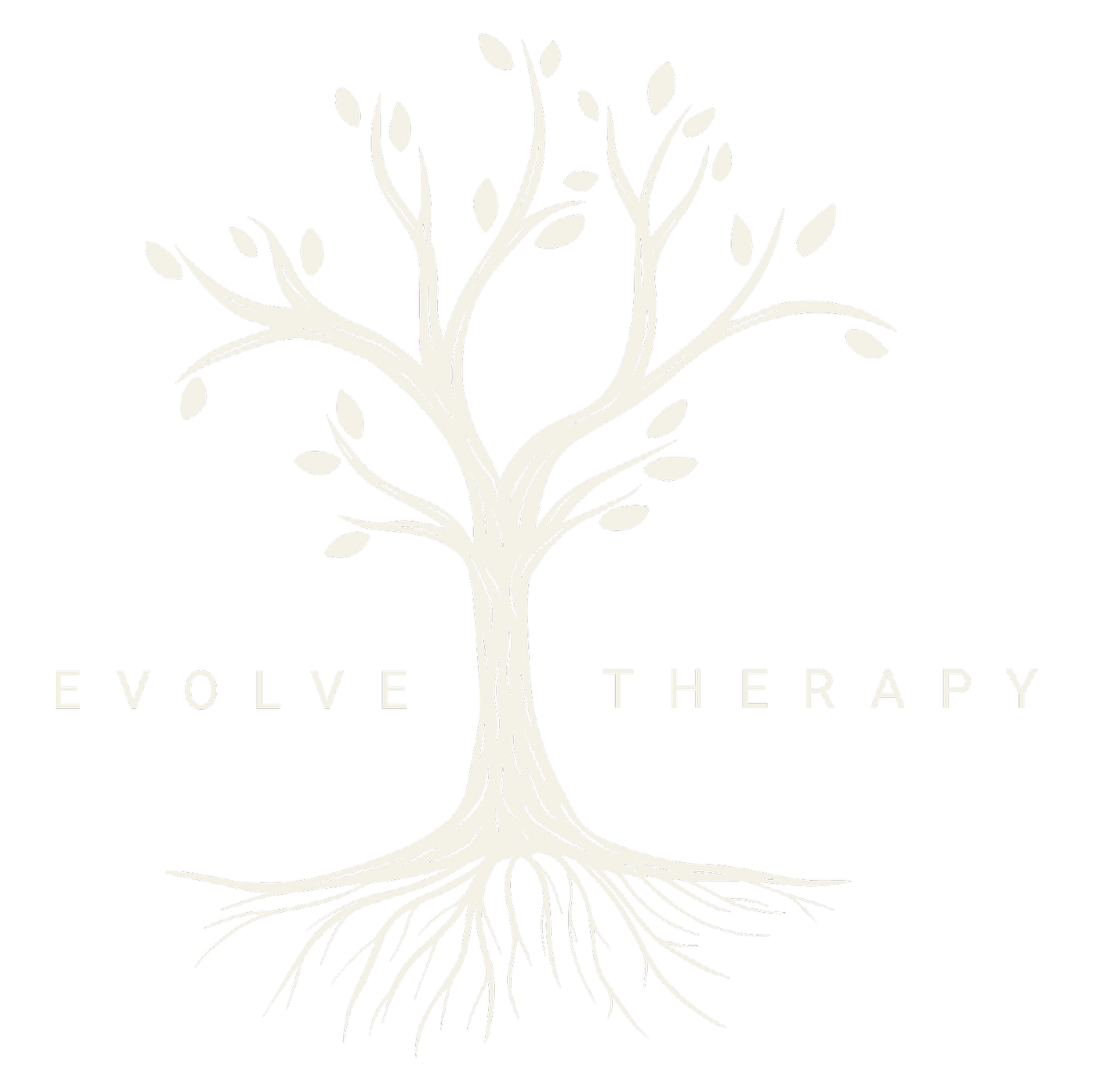Why Am I Crying in My Work Bathroom Again?
How Trauma Shows Up at Work—And What You Can Do About It
Let’s set the scene: It’s a regular Tuesday. You’re at work, minding your business, sipping coffee, and then—bam. A Slack message hits just the wrong nerve. Or maybe your manager’s “tone” in a meeting makes your stomach twist. Next thing you know, you're doing deep breathing exercises in the bathroom stall wondering, “Why am I like this?”
First: you’re not broken. You’re human. And it might not just be stress. Sometimes, what’s happening at work isn’t about work at all.
Trauma Wears Business Casual Too
Here’s the thing most people don’t realize: trauma doesn’t clock out when we clock in. It follows us into Zoom calls, performance reviews, deadlines, team dynamics, and even the way we respond to feedback.
Ever felt:
A wave of panic when someone uses “we need to talk”?
Frozen when asked to speak up in a meeting?
Like you’re constantly trying to prove yourself—yet still feel like a fraud?
Unexplainably exhausted by 10am?
These aren’t personality quirks or “just being sensitive.” These can be symptoms of unresolved trauma—especially relational or attachment trauma. It’s your nervous system trying to protect you… even if it’s a little off in its timing.
Trauma at Work Looks Like:
People-pleasing: Over-delivering on every task because the idea of disappointing someone feels dangerous.
Avoidance: Procrastinating because the task feels overwhelming—and failure feels like personal doom.
Hyper-independence: “I’ll just do it myself” mode to avoid relying on others (because that never felt safe growing up).
Perfectionism: Trying to get it just right so no one sees the panic underneath.
Emotional shutdowns: Feeling numb, zoned out, or disoriented after conflict or feedback.
Sound familiar? Yeah. Same.
So... Now What?
You don’t have to white-knuckle your way through your 9–5 while carrying 20 years of unprocessed pain. Healing is possible—and no, it doesn’t mean rehashing every traumatic memory in detail.
Enter: Deep Brain Reorienting (DBR).
DBR: A Gentle, Deep, Neuroscience-Based Approach
DBR is one of the most effective trauma therapies I’ve seen in my years as a therapist. It’s gentle, non-retraumatizing, and doesn’t require you to “tell your story” over and over again. Instead, it works at the brainstem level—where the trauma response first begins—helping to untangle those deep, automatic reactions that keep getting triggered at work.
This means:
Less anxiety around performance and feedback
Greater clarity and confidence
A nervous system that doesn’t go DEFCON 1 over every email
And the best part? It’s not about “fixing” you. It’s about helping your nervous system feel safe again—so you can show up to your job as your full, grounded self.
What If You Could Feel Better—Faster?
That’s where therapy intensives come in.
Rather than spreading therapy out over months of weekly 50-minute sessions, intensives allow us to drop in, stay longer, and process more deeply—without the pressure of rushing to wrap up in under an hour.
Intensives are especially helpful for people who:
Are navigating burnout or big life transitions
Feel stuck despite “doing all the right things”
Want focused support to shift long-standing patterns
Are craving real movement, not just insight
Want to Go Deeper, Sooner?
If you’re nodding along, thinking “yes, this is me,” I offer trauma therapy and therapy intensives specifically for folks who are ready to work through what’s been holding them back. Whether you're a burned-out high-achiever, a millennial drowning in imposter syndrome, or just tired of crying in workplace bathrooms—I see you. And there’s support for you.
Let’s connect.
If you’re ready to explore DBR or an intensive session, reach out. I’d be honored to walk alongside you. Because healing is possible—and you don’t have to do it alone (even if hyper-independence tells you otherwise).
Looking for a therapist in Phoenix, Arizona who specializes Deep Brain Reorienting (DBR) & therapy intensives for healing trauma?
(Arizona & Connecticut residents only)
About the author
Beth Freese, LPC, is a trauma and anxiety therapist specializing in EMDR and Deep Brain Reorienting (DBR). She offers virtual therapy and in-person intensives in Arizona and Connecticut, helping clients move beyond overwhelm and reconnect with themselves.



